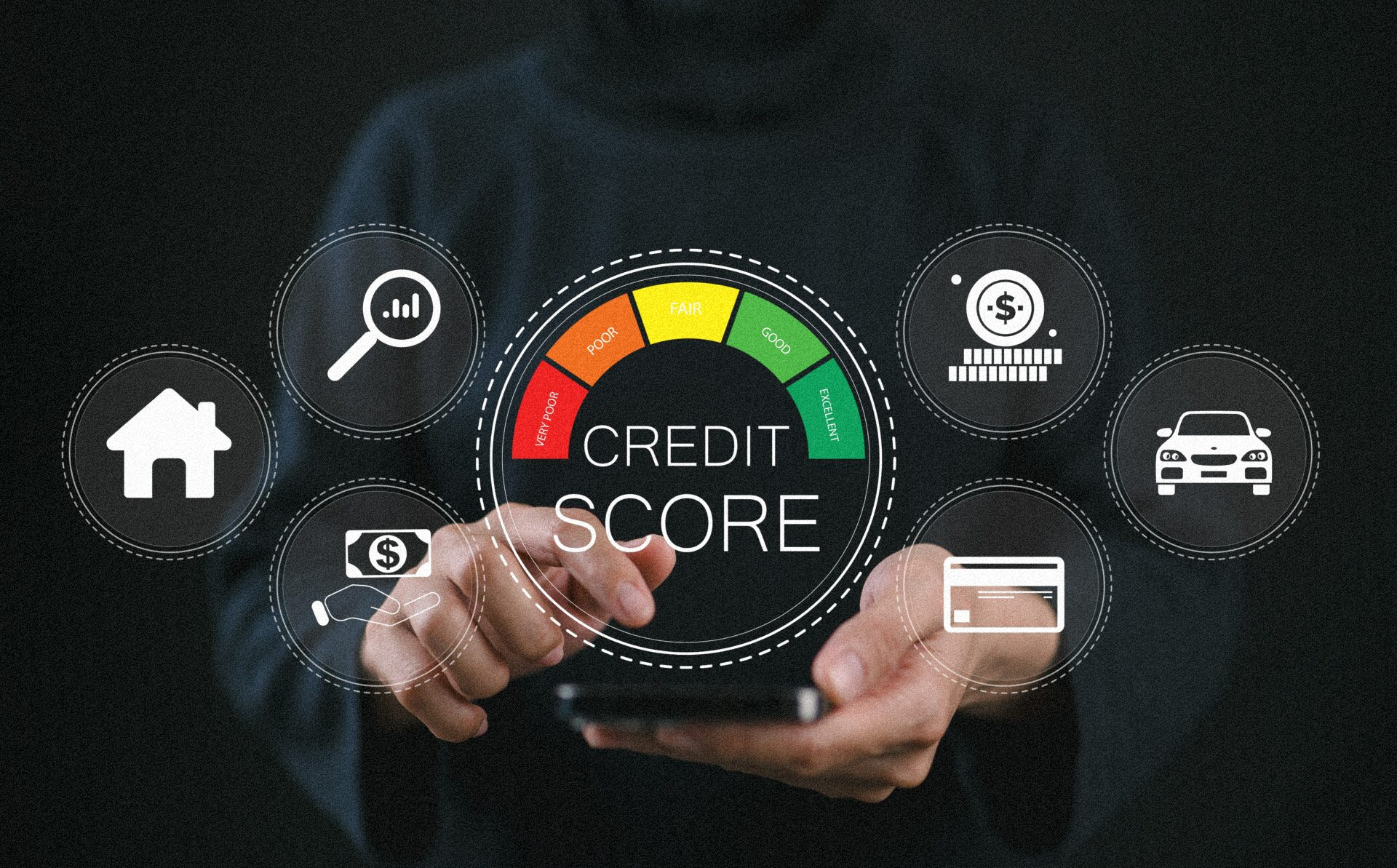Credit Score Explained: How It Affects Your Loan Eligibility

Financial Expert: Kardile Ajinkya
Table of Contents
Introduction

Your credit score is more than just a number—it's a financial fingerprint that lenders use to assess your creditworthiness. Whether you're applying for a home loan, personal loan, or credit card, your credit score can significantly impact your approval chances and the interest rates offered to you. In this guide, we'll break down what a credit score is, how it's calculated, and exactly how it affects your ability to secure a loan.
What Is a Credit Score?
A credit score is a three-digit number that represents your credit risk based on your credit history. It typically ranges from 300 to 900, with higher scores indicating better creditworthiness. In India, credit scores are maintained by credit bureaus like CIBIL, Experian, Equifax, and CRIF High Mark.
Here's a general classification of credit score ranges:
- 300–549: Poor
- 550–649: Fair
- 650–749: Good
- 750–900: Excellent
Lenders use these ranges to gauge how likely you are to repay a loan.
How Is Your Credit Score Calculated?
Credit bureaus calculate your score using a combination of factors. While the exact algorithm may vary slightly between agencies, the general weightage is:
- Payment History (35%) – Whether you pay your EMIs and credit card bills on time.
- Credit Utilization (30%) – The ratio of your credit usage to your credit limit.
- Length of Credit History (15%) – How long you've maintained credit accounts.
- Types of Credit Used (10%) – A mix of secured and unsecured loans.
- Recent Credit Inquiries (10%) – Frequency of recent loan or credit card applications.
Maintaining a good balance across these factors is key to building a strong credit score.
Why Your Credit Score Matters for Loan Eligibility
When you apply for a loan, lenders assess your credit score to decide whether to approve your application and on what terms. Here's how it affects your loan journey:
1. Loan Approval Chances
Lenders typically have a minimum credit score requirement. A low score (below 650) may result in outright rejection, while a score above 750 often leads to faster approvals.
2. Interest Rates Offered
A higher credit score can qualify you for lower interest rates. This is because you're seen as less of a risk, so lenders are more willing to offer favorable terms.
Example: Two applicants apply for a ₹5,00,000 personal loan. One has a score of 780 and gets a 10% interest rate. The other has a 620 score and is offered 15%. The difference in interest paid over 5 years is significant.
3. Loan Amount Eligibility
With a strong credit score, lenders are more comfortable offering higher loan amounts. Conversely, a weak score might limit how much you can borrow.
4. Loan Tenure Flexibility
Borrowers with high scores may be given the flexibility to choose longer tenures or customize repayment terms.
5. Processing Speed and Pre-Approved Offers
A great credit score opens the door to pre-approved loans and quicker disbursal since lenders already trust your repayment behavior.
How to Improve Your Credit Score
If your score isn’t where you want it to be, don’t worry. Here are some steps you can take:
- Pay On Time: Always pay credit card bills and EMIs before the due date.
- Lower Credit Utilization: Try to use less than 30% of your credit limit.
- Avoid Multiple Loan Applications: Too many hard inquiries can hurt your score.
- Maintain Older Accounts: The age of your credit history matters.
- Check Credit Reports: Regularly review your report for errors and get them corrected.
Improving your score is a gradual process, but consistency is key.
Common Myths About Credit Scores
There’s a lot of misinformation out there. Let’s clear up some common myths:
-
Myth: Checking your own credit score lowers it. Fact: This is false. Soft inquiries (when you check your score) don’t impact it.
-
Myth: Closing a credit card improves your score. Fact: Closing an old card can reduce your credit history length and hurt your score.
-
Myth: You need to carry a balance to build credit. Fact: Paying off your card in full is better for your score and your wallet.
Use Our Credit Card EMI Calculator
Want to see how your credit score could affect your monthly repayments? Use our Credit Card EMI Calculator to estimate your monthly EMIs based on the interest rate, tenure, and loan amount.
This tool is especially helpful if you're planning to convert large purchases into manageable installments.
Final Thoughts
Your credit score is one of the most important aspects of your financial health, especially when it comes to taking out loans. Understanding what affects it—and how to improve it—puts you in a stronger position when negotiating loan terms or applying for new credit.
A healthy credit score not only boosts your loan eligibility but also gives you the power to make better financial decisions with confidence.
Start monitoring and improving your credit score today—your future self will thank you.